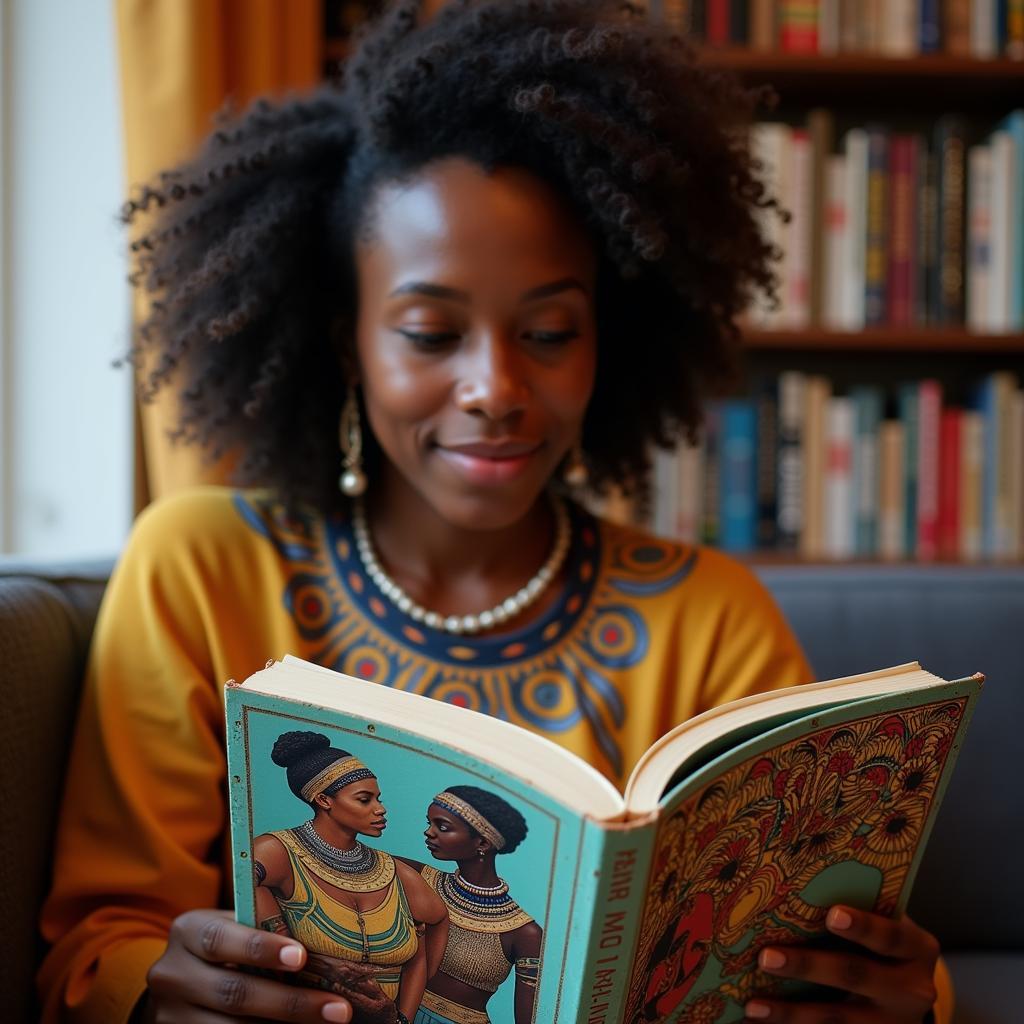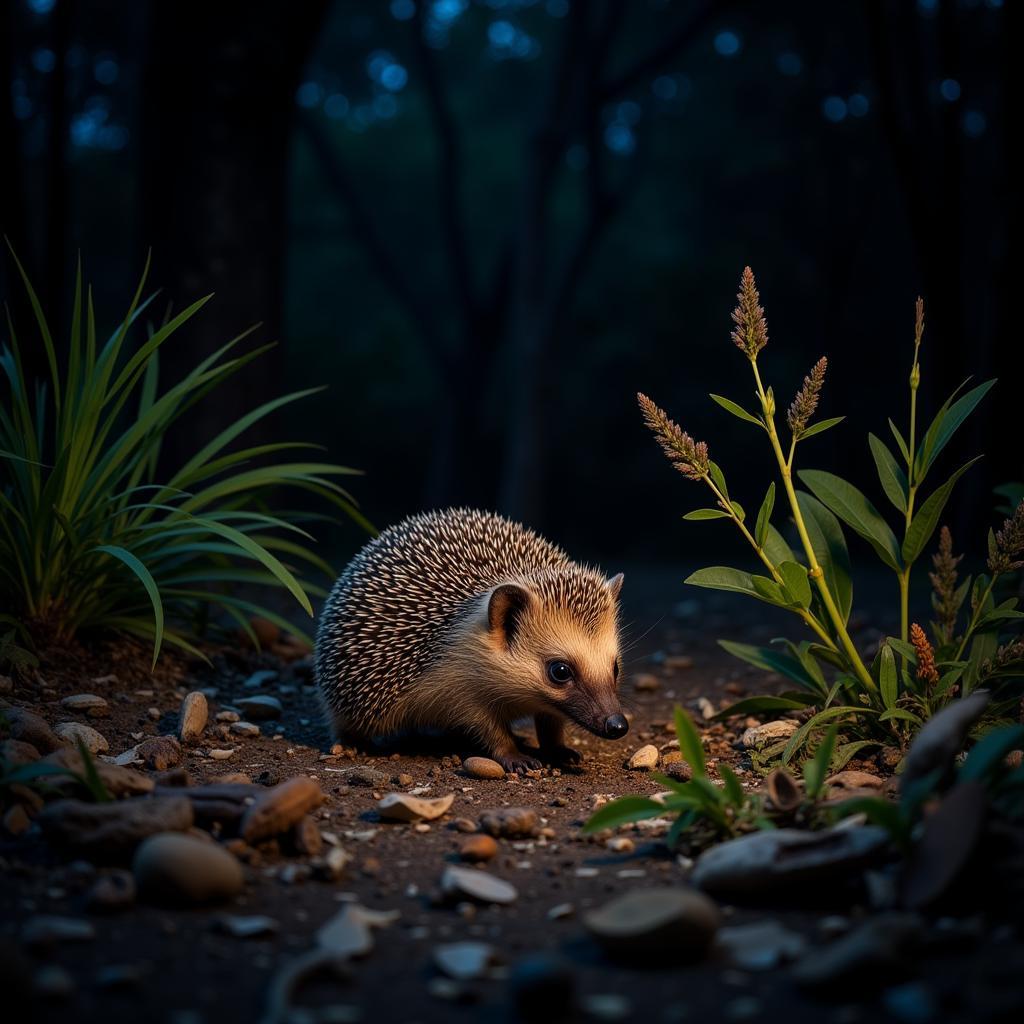Unmasking African Human Ritual: A Journey into Tradition and Culture
African human ritual is a complex and often misunderstood topic. It encompasses a wide range of practices across diverse cultures, often intertwined with spirituality, social structures, and historical context. From rites of passage to ancestor veneration, these rituals offer a glimpse into the rich tapestry of human experience across the African continent.
Exploring the Diversity of African Human Ritual
It’s crucial to avoid generalizations when discussing African human ritual. The continent is home to thousands of distinct ethnic groups, each with its own unique traditions. What constitutes a ritual in one community may differ significantly from another. Some rituals focus on individual transformations, such as coming-of-age ceremonies, while others are communal events celebrating harvests, commemorating historical events, or honoring deities.
Rites of Passage: Marking Life’s Transitions
Rites of passage are a common thread in many African cultures. These rituals mark significant life transitions, such as birth, puberty, marriage, and death. They often involve symbolic acts, like scarification or circumcision, which signify the individual’s new status within the community. These rituals not only acknowledge the individual’s transformation but also reinforce social bonds and transmit cultural values.
Ancestor Veneration: Connecting with the Past
Ancestor veneration plays a vital role in many African spiritual systems. It’s based on the belief that the deceased continue to influence the lives of the living. Rituals associated with ancestor veneration can include offerings, prayers, and consultations with mediums. This practice fosters a sense of continuity between generations and provides guidance and protection to the community.
Understanding the Significance of African Human Ritual
African human ritual often serves a multifaceted purpose. It can be a means of social control, maintaining order, and resolving conflicts. Rituals can also offer psychological comfort, providing a framework for dealing with life’s challenges and uncertainties. Moreover, they contribute to the preservation of cultural heritage, passing down traditions and knowledge from one generation to the next.
The Role of Ritual in Contemporary African Society
While some rituals have evolved or adapted to modern influences, their core significance often remains. They continue to provide a sense of identity, belonging, and purpose in a rapidly changing world. Even in urban settings, many Africans retain connections to their ancestral traditions and participate in rituals that connect them to their cultural roots.
“African rituals are not static relics of the past. They are living traditions that continue to evolve and adapt, reflecting the dynamism of African cultures,” explains Dr. Abena Kwame, a renowned anthropologist specializing in West African traditions.
The Misconceptions Surrounding African Human Ritual
It’s important to acknowledge and address the misconceptions that sometimes surround African human ritual. Sensationalized portrayals in media can perpetuate stereotypes and distort the true meaning and purpose of these practices.  Addressing Misconceptions About African Rituals It is crucial to approach the study of African human ritual with respect, sensitivity, and a commitment to understanding its complexity within its specific cultural context.
Addressing Misconceptions About African Rituals It is crucial to approach the study of African human ritual with respect, sensitivity, and a commitment to understanding its complexity within its specific cultural context.
“The richness and depth of African ritual practices are often overlooked. We need to move beyond simplistic narratives and engage with these traditions on their own terms,” adds Professor Chike Okeke, a prominent scholar of African religious studies.
Conclusion
African human ritual offers a profound insight into the diversity and richness of African cultures. From rites of passage to ancestor veneration, these practices play a crucial role in shaping individual identities, strengthening community bonds, and preserving cultural heritage. By understanding the significance and complexity of African human ritual, we can gain a deeper appreciation for the human experience in all its varied forms.
FAQ
- What is the purpose of African rituals?
- Are all African rituals religious in nature?
- How have African rituals changed over time?
- What are some common misconceptions about African rituals?
- How can I learn more about specific African rituals?
- Do African rituals differ significantly across different regions?
- What is the role of music and dance in African rituals?
If you need further assistance, please contact us: Phone: +255768904061, Email: kaka.mag@gmail.com or visit us at: Mbarali DC Mawindi, Kangaga, Tanzania. We have a 24/7 customer service team.

